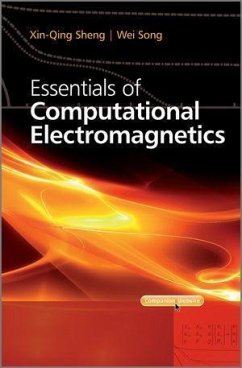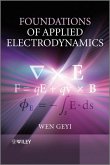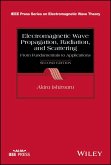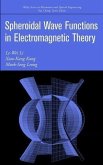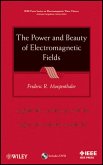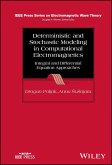Essentials of Computational Electromagnetics provides an in-depth introduction of the three main full-wave numerical methods in computational electromagnetics (CEM); namely, the method of moment (MoM), the finite element method (FEM), and the finite-difference time-domain (FDTD) method. Numerous monographs can be found addressing one of the above three methods. However, few give a broad general overview of essentials embodied in these methods, or were published too early to include recent advances. Furthermore, many existing monographs only present the final numerical results without specifying practical issues, such as how to convert discretized formulations into computer programs, and the numerical characteristics of the computer programs. In this book, the authors elaborate the above three methods in CEM using practical case studies, explaining their own research experiences along with a review of current literature. A full analysis is provided for typical cases, including characteristics of numerical methods, helping beginners to develop a quick and deep understanding of the essentials of CEM. * Outlines practical issues, such as how to convert discretized formulations into computer programs * Gives typical computer programs and their numerical characteristics along with line by line explanations of programs * Uses practical examples from the authors' own work as well as in the current literature * Includes exercise problems to give readers a better understanding of the material * Introduces the available commercial software and their limitations This book is intended for graduate-level students in antennas and propagation, microwaves, microelectronics, and electromagnetics. This text can also be used by researchers in electrical and electronic engineering, and software developers interested in writing their own code or understanding the detailed workings of code. Companion website for the book: href="http://www.wiley.com/go/sheng/cem">www.wiley.com/go/sheng/cem
Dieser Download kann aus rechtlichen Gründen nur mit Rechnungsadresse in A, B, BG, CY, CZ, D, DK, EW, E, FIN, F, GR, HR, H, IRL, I, LT, L, LR, M, NL, PL, P, R, S, SLO, SK ausgeliefert werden.

